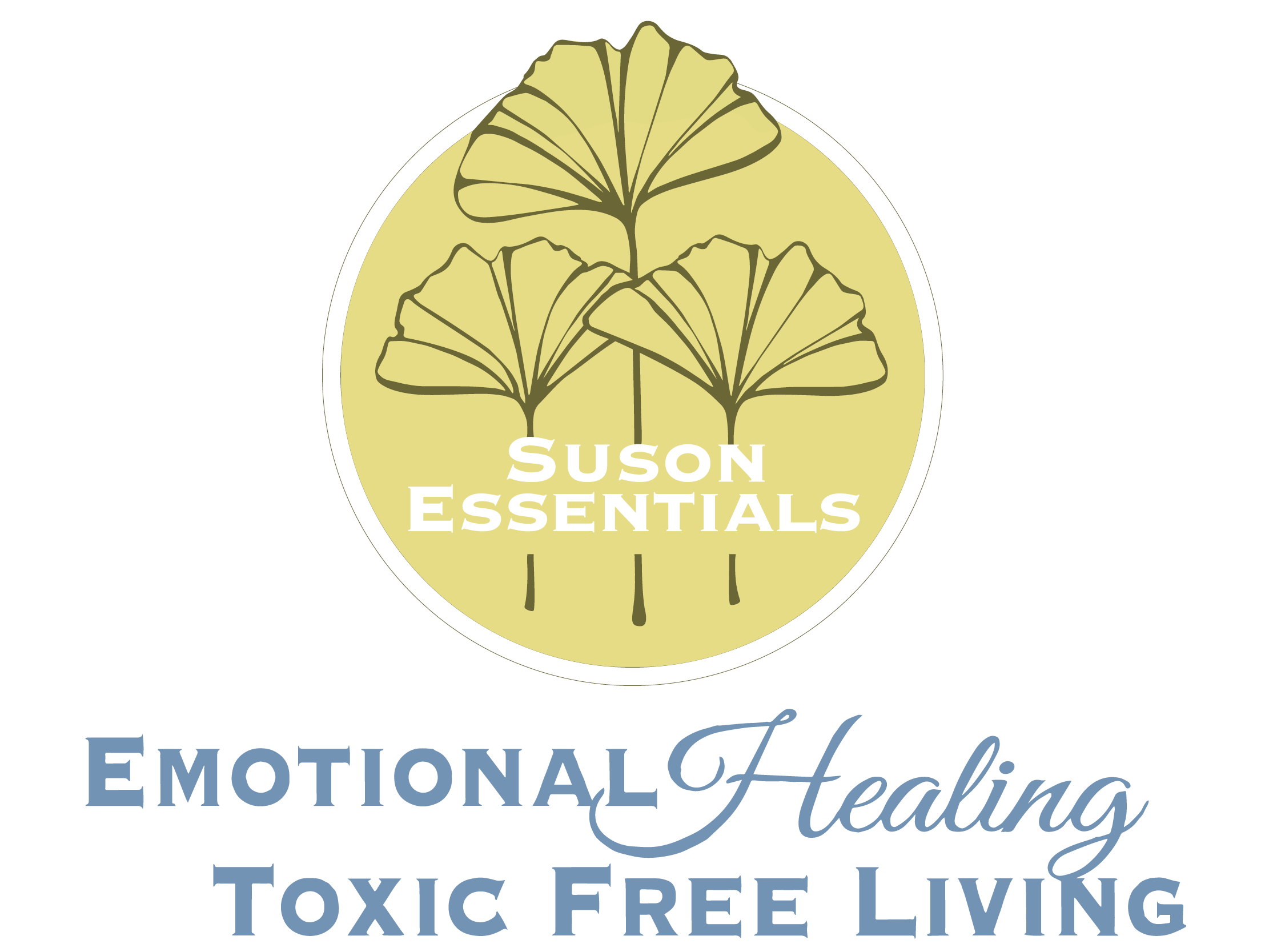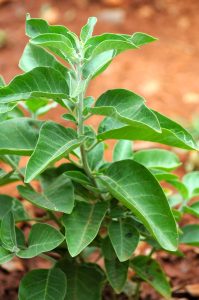There are many nutrients and botanicals with immune supportive properties including Vitamins A, C, D, zinc, probiotics, mushrooms and elderberry.
Supplements | By Emerson Ecologics | Aug 12, 2020
We all know how important nutrition is for a strong, well-functioning immune system, and nothing takes the place of a healthy nutrient rich diet. However, there are many additional natural approaches available in our tool box for supporting immune health. But in order for various approaches to be effective, the basic nutritional needs of the immune system must be met. Research and clinical practice has taught us a lot about the necessary nutrition foundation for supporting a healthy immune response, which includes adequate vitamins A, D, C and zinc.
When we consider the necessary nutrients for supporting the immune system, it’s helpful to think about the immune system as a whole. Strong antioxidant support is not only beneficial for the immune system, but benefits overall health in many ways. Supporting antioxidant activity is one thing these nutrients have in common, but they all have their own specific actions in supporting immune function as well. Once the nutrition foundation is secure, then the addition of targeted nutrients and botanicals can bestow additional benefit.
Vitamin A
Vitamin A is so critical to healthy immune function that the World Health Organization (WHO) promotes vitamin A supplementation as an essential child survival intervention in developing countries. Vitamin A is involved in regulating the growth and specialization of virtually all cells in the human body – including of course, the regulation of the differentiation, maturation, and function of the cells of the immune system. Vitamin A is crucial to the integrity of epithelial and mucosal barriers, the body’s first line of immune defense. So what has research shown us about the relationship between vitamin A and infection? Infection provokes an acute response, reducing the synthesis of retinol-binding protein in the liver and thereby decreasing circulating Vitamin A levels. Adding insult to injury, infection and fever increase urinary excretion of vitamin A. So, infections may decrease vitamin A status, which can in turn affect one’s immune status and ability to fight the infection, especially if vitamin A status is poor or marginal to begin with. The USDA Human Nutrition Research Center documents that approximately 46-50% of Americans do not consume enough vitamin A from their diets. Getting beta carotene from fruits and vegetables is fantastic, but it can be unpredictable how much of that converts into vitamin A (retinol). Some of that beta carotene will be utilized as an antioxidant. And, it takes a healthy and robust digestive system and usually the consumption of enough fat at the same time to ensure proper absorption and conversion to vitamin A. Adequate reserves and a constant dietary intake of vitamin A are required to support a healthy immune response. Perhaps that explains the impressive clinical and research results of high-dose Vitamin A supplementation at the onset of acute infections. However, high dosing of vitamin A is not appropriate during pregnancy or for anyone with compromised liver status and should only be administered under medical supervision after proper assessment. Daily supplementation with the RDA amount of 5000 IU (125 mcg) is safe.Vitamin C
There is little debate that when it comes to optimizing immune function supplementing with vitamin C is beneficial. One important reason is that we can’t make our own vitamin C like the rest of the animal kingdom, and we need a constant supply through dietary intake. Researchers have discovered that vitamin C helps increase glutathione levels by neutralizing free radicals first, thereby sparing glutathione. Vitamin C also helps reprocess glutathione by converting oxidized glutathione back to its active form. Vitamin C is critical for adequate antioxidant support. A second reason, specific to immune function, is that Vitamin C supports both the production and function of leukocytes (white blood cells), especially neutrophils, lymphocytes, and phagocytes. Leukocytes accumulate vitamin C to high concentrations, which helps protect these cell types from oxidative damage. Experts in the field of integrative medicine emphasize the importance of supplementing vitamin C several times a day to ensure an adequate supply when needed for many different reasons, not the least of which is healthy immune system function. The dynamic flow model, which was published in 2005 in the Journal of Orthomolecular Medicine, explains that people should ideally be in a state of dynamic flow, which means they should ingest more vitamin C than they need, in the form of divided dose supplements throughout the day. The extra ascorbate flows through the body and what is not used is eventually excreted in the urine. Until then however, the excess acts as a reservoir when extra vitamin C is required. Dynamic flow suggests a way of restoring our physiology to the way it was before we lost the ability to make vitamin C in our bodies, as most other animals still do. Integrative practitioners usually recommend dosing 500 mg two or three times a day for daily maintenance.Vitamin D
We now know that Vitamin D is absolutely critical to immune function and we are finding out more and more about just how critical it is. The most accurate method of evaluating a person’s vitamin D status is to measure the level of 25-hydroxyvitamin D in the blood. Unfortunately, clinical practice lags behind the research when it comes to defining “adequate” vitamin D status. While most clinical laboratories have a very wide range of “normal”—typically from 30 -100 ng/ml, it is now well known that optimal immune function requires a higher vitamin D status of between 60-100 ng/l. Because of this, many people now safely supplement between 2000-5000 IU ( 50- 125 mcg) of vitamin D daily, especially when they cannot be outdoors in the sun everyday.Zinc
We know zinc is critical for proper immune function, but did you also know that deficiency is quite common around the world, in our own country and among all age groups? Even marginal zinc deficiency will affect immune status, which is why repletion prior to and during illness is so important. In spite of the presence of adequate zinc in our food, dietary zinc is relatively difficult to absorb. Those most at risk for zinc deficiency are vegans, vegetarians and children (for reasons having to do with food choices), older adults and those with GI issues (for reasons of inadequate digestion and absorption). Factors interfering with zinc absorption are the fiber and phytates contained in whole grains, legumes, nuts and seeds…all those wonderful whole nutrient rich foods we love! Soaking these foods helps reduce the phytates, so encouraging patients to soak all their legumes and grains (yes even oatmeal, rice and quinoa) prior to cooking helps decrease interference with mineral absorption. Beef is the best source of zinc as it provides about 8 mg of zinc in a 6oz serving. Pork, turkey and chicken weigh in at only half of that. With the minimum RDA set at 15 mg for an adult and given the interference of whole grains, legumes, nuts and seeds, you likely have patients with zinc deficiency in your practice. Infection depletes zinc status, and repletion through appropriate supplementation can provide optimal support for healthy immune function.NAC and Glutathione
It has recently come to light how very important antioxidant status is to proper immune function, and the vital role of the master antioxidant glutathione. Glutathione is easily depleted, especially by illness. The importance of glutathione in maintaining normal cell function cannot be overestimated. Through scientific inquiry and clinical observation, It has become clear that repleting and maintaining glutathione plays an important role in the management of health. Strategies for repletion include the use of glutathione precursors such as N-acetyl cysteine and whey protein, which can also provide cysteine in the oxidized form called cystine. Studies are now ongoing to assess the absorption and impact of supplementation with liposomal glutathione. In studying NAC, we find that not only does it support replenishment of glutathione, it actually has antioxidant activity and immune support mechanisms of its own. We should now add NAC to the list of important foundational nutrients for immune support.Probiotics & Prebiotics
We know most strains of Lactobacilli and Bifidobacteria have positive effects on immunity and immune response, both directly and indirectly. A healthy microbiome supports a strong, healthy immune system and probiotics are now considered as important as a multivitamin. In addition, a prebiotic (microbiome-superfood) may encourage the immune supportive actions of the microbiome. For over 20 years, research has demonstrated that arabinogalactan (a prebiotic fiber) found in larch trees and also echinacea, has an immune support effect which positively influences NK cells and macrophage activities, potentiates the complement system and supports inflammatory cytokine production. Part of the mechanism is now attributed to the healthy short-chain fatty acids generated by arabinogalactan fermentation by the microbiota, but there may be more direct influence as research continues to try and understand these additional mechanisms.Botanical Support
Mushrooms & Beta Glucans
Mushrooms have been used for centuries to support immune health. The immuno-supportive effects of mushrooms are due, in part, to the potent polysaccharides they contain known as beta glucans. Beta glucans from both mushrooms as well as yeast products (like Wellmune) help support NK cells and macrophages in doing what they do best. In addition, mushrooms contain antioxidant nutrients, as well as protein, phenolic and indolic compounds. Many of the studies involving mushrooms demonstrate that they may positively support immunity, as well as a healthy inflammatory response. The research demonstrates that mushrooms may support healthy cytokine production, as well as T-cell and natural killer cell function. The compounds found in mushrooms have also been shown to help support the development and activity of lymphocytes and macrophages. A 2018 review describes the molecular influence that mushrooms can have on PI3K/AKT, Wnt-CTNNB1, and NF-κB signaling pathways. “Some of the mushroom compounds target a single node of a signaling pathway and some have multiple targets in the same and/or different signaling pathway,” explain the authors. According to a 2017 review published in the International Journal of Medicinal Mushrooms, mushrooms contain numerous bioactive polysaccharides or polysaccharide-protein complexes that have been shown to influence innate and cell-mediated immune responses. The author reports that “More than 600 studies have been conducted worldwide, and numerous human clinical trials on MMs [medicinal mushrooms] have been published.” Immune-supporting mushroom extracts are available as single ingredients or as part of comprehensive immune system formulations. When it comes to immune support, mushrooms can be an essential component.Olive Leaf
This past April 2020, a study was published in The Journal of the American College of Cardiology showing that higher olive oil intake was associated with heart health and healthy inflammatory response. We’ve all been well aware of the benefits of olive oil in the daily diet, and botanical experts know it’s not just the type of fat, but also due to the polyphenols. In fact, olive leaves contain higher amounts of polyphenols than the fruit and have long been used for both cardiovascular and immune support. Olive Leaf Extract contains oleuropeins, compounds that have demonstrated antioxidant, vascular support and immune support properties. Olive leaf extract can also help maintain a healthy balance of cytokines, which are chemical messengers, helping to regulate the body’s immune and inflammatory responses. Evidence suggests that olive leaf extract is beneficial for blood vessels because it supports NO production. Olive Leaf extract tops the list of daily immune support due to its multiple supportive actions on both the immune and vascular systems.Astragalus
Astragalus membranaceus, also known as Huang-qi, is considered a valuable tonic in Traditional Chinese Medicine (TCM) and according to a review published in the journal Phytotherapy Research, it is one of the most widely used traditional Chinese herbs. It is considered an adaptogenic herb in most systems of traditional herbalism but probably best known for immune support in western herbal traditions. In vivo research on mice, chickens and pigs have all shown that astragalus supports immune function. Human clinical trials also show that the polysaccharides, flavonoids, and saponins in astragalus support immune health by supporting the activation of toll-like receptor 4 (TLR4)-related mitogen-activated protein kinase (MAPK) activities. According to a 2009 review and meta-analysis that featured 45 randomized clinical trials that all had an active control group, astragalus has immunomodulatory activity that has been shown to support T-cell function. A 2010 meta-analysis looked at 65 clinical trials featuring nearly 4,800 patients and concluded that astragalus was indeed effective at supporting immune health.Elderberry
Everyone has heard of elderberry syrup for immune support, and many people use it. Modern science has validated elderberry’s immune support potential. The high biological activity of its phenolic compounds including quercetin, rutin, kaempferol and anthocyanins are still being studied to understand the mechanisms of action. But there are a few things that science has uncovered. We know that quercetin (contained in elderberry) is a zinc ionophore, meaning that it helps deliver zinc into the cells, and we know how important zinc is for immune function. Scientists have been most fascinated by elderberries rich, deep color from anthocyanins. Elderberry anthocyanins incorporate into both cell membranes and cytosol and exert potent antioxidant effects. They counteract oxidative stress, increase the activity of antioxidant enzymes in blood and additionally, increase glutathione production. All these processes are necessary for optimal immune system function. Reducing oxidative DNA damage is another benefit of this high antioxidant activity. Elderberries also specifically support the immune complement system. Studies have shown that elderberry extracts help activate immune complement, having complement-fixating activity. In February of 2019, a meta-analysis of randomized controlled clinical trials investigating the action of black elderberry in 180 participants was published in Complementary Therapies in Medicine, Vol 42, and concluded that elderberry may substantially support immune status. While elderberry syrup is very popular, more potent forms are available in liquid extract or capsule form. These nutrients and botanicals are all excellent daily additions to any health regimen. The more we understand how they work, the more we understand they not only offer immune system support and balance, but they also offer cellular support for the cardiovascular and circulatory systems, the GI system, the brain, the skin and much more. Want to learn more? Schedule Your Appointment or Get Started Now!
Facebook
Twitter
LinkedIn
Email
Print







